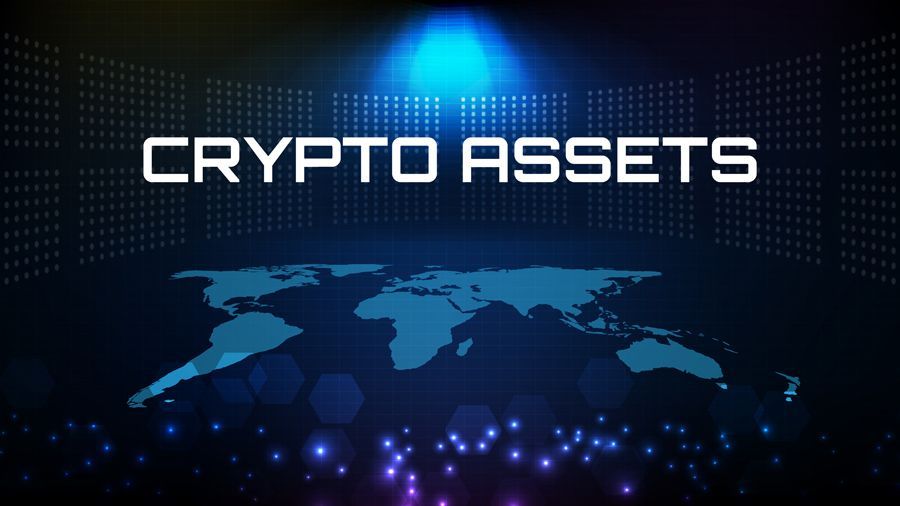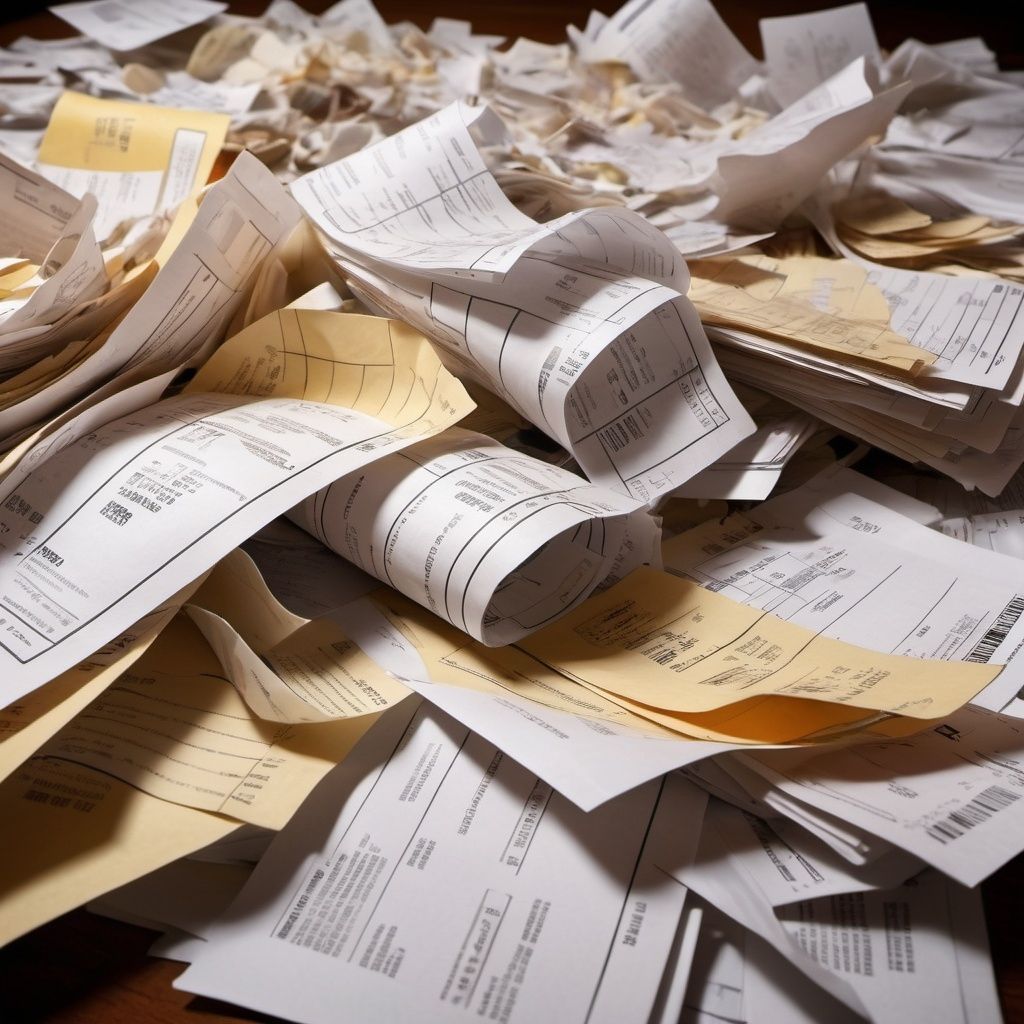GST - The Tax We Love To Hate
Do We Really Need to Pay GST? Why?!
The Goods and Services Tax (GST) was introduced in 1991. It marked a significant shift in how Canada funded its operations and services. Understanding the GST, its applications, and its role in financing various services is essential to understand this tax we all love to hate.

What is GST?
GST is a value-added tax (VAT) imposed on most goods and services sold for domestic consumption. In some countries, such as Britain, the VAT is included in the price of the goods so that what you see is what you pay. In Canada, the GST is added after the displayed price.
It's a broad-based tax encompassing a wide array of transactions, including retail sales, professional services, and imports. The GST rate in Canada is currently set at 5%, though some provinces have their own sales taxes that are added on top of the federal GST, resulting in a higher combined rate in those regions.
What It Applies To
The GST applies to almost all goods and services consumed within Canada, with a few exemptions and special cases. Basic groceries, prescription drugs, and certain medical devices are among the items exempt from GST. However, many necessities, such as gasoline, electricity, and heating fuels, are subject to GST, impacting consumers' daily lives.
Additionally, certain transactions are zero-rated, meaning they are subject to a 0% GST rate. This includes exports, most agricultural products, and certain transportation services. While these transactions don't generate immediate revenue through GST, they contribute to the overall functioning of the tax system by ensuring its applicability across various sectors of the economy.
Funding Other Services
One of the primary functions of GST is to finance government operations and services. The revenue collected through GST plays a vital role in funding essential services like healthcare, education, infrastructure development, and social welfare programs. It forms a significant portion of the government's overall revenue stream, alongside other sources such as personal income tax, corporate tax, and excise duties.
The revenue generated from GST is pooled at the federal level and then redistributed to provinces and territories through various transfer payment programs. This redistribution mechanism ensures that all regions of Canada have access to adequate funding for essential services, regardless of their economic status or population size. It promotes equity and helps maintain a certain standard of living across the country.
What’s more, GST serves as a tool for fiscal policy management. Governments can adjust the GST rate to stimulate or constrain consumer spending, depending on economic conditions. During periods of economic downturn, reducing the GST rate can encourage spending and stimulate economic activity. Conversely, raising the GST rate during times of inflation or excessive consumer spending can help curb inflationary pressures and stabilize the economy. Thankfully we have yet to have our government implement a downward or upward movement on the GST. We wouldn’t mind reducing the tax but otherwise staying the same suits everyone just fine!
In essence, GST in Canada is more than just a tax; it's a basic and important component of the country's fiscal framework. By imposing a tax on goods and services consumed within its borders, our government generates revenue to fund essential services and programs. The GST system incorporates principles of equity, efficiency, and economic stability, contributing to Canada's overall prosperity and well-being. So, while it is the tax we love to hate, we really need to understand that it helps support funding for essential services. Without it our services might be reduced or other taxes imposed to cover the cost.
What are your thoughts on the GST?




